In a tense and drama-filled session at the National Assembly of Pakistan, Shahbaz Sharif, the leader of the Pakistan Muslim League-Nawaz (PML-N), emerged victorious as the country's 24th Prime Minister. The parliamentary voting, held on Sunday (March 3), saw Shahbaz clinch the premiership with 201 votes, defeating his rival Omar Ayub backed by Imran Khan's Pakistan Tehreek-e-Insaf (PTI) party, who secured 92 votes.
The announcement came amidst chaos and disruptions in the assembly, delaying the start of the polling process. Sunni Ittehad Council members disrupted proceedings with slogans in support of Imran Khan and against Shahbaz Sharif's return to power, causing a tumultuous start to the session.
National Assembly Speaker Sardar Ayaz Sadiq eventually initiated the voting, overcoming the initial commotion. Shahbaz Sharif's victory marks his second consecutive term as Prime Minister, reaffirming his leadership within the PML-N party.
The polling outcome reflects Shahbaz's widespread support within the PML-N and its coalition partners, solidifying his position as the country's leader. With 201 votes in his favor, Shahbaz's victory was a decisive one, paving the way for his official appointment as Prime Minister.
Following the announcement, Speaker Sadiq summoned Shahbaz to assume the parliamentary leadership role, signaling the commencement of his tenure. The newly elected Prime Minister is anticipated to address Parliament imminently, outlining his vision and priorities for the nation.
Shahbaz's ascension to the premiership comes after weeks of political maneuvering and negotiations following Pakistan's general elections on February 8. With no single party securing a clear majority, coalition-building efforts ensued, culminating in an agreement between PML-N, led by Shahbaz Sharif, and PPP, led by Bilawal Bhutto Zardari, to form a new government.
The formal agreement between PML-N and PPP paved the way for Shahbaz's elevation to the Prime Minister's office, garnering support from both parties. The historic coalition represents a strategic alliance aimed at addressing the country's pressing challenges and advancing its socio-economic agenda.
As Shahbaz Sharif assumes leadership, all eyes are on his administration's policies and initiatives, expected to navigate Pakistan through a pivotal period in its political landscape.



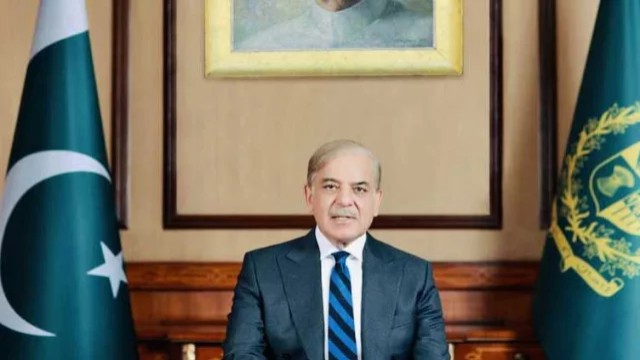



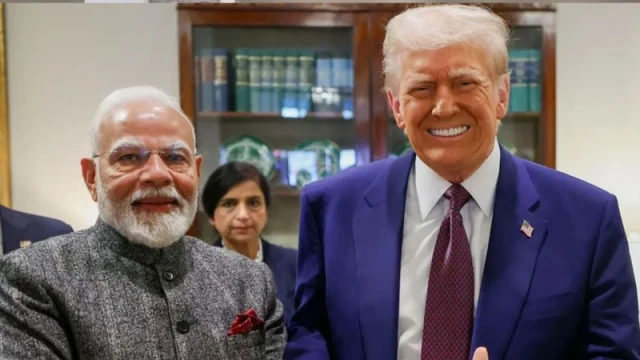

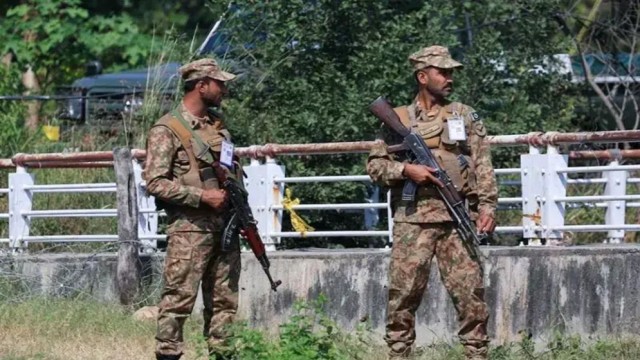


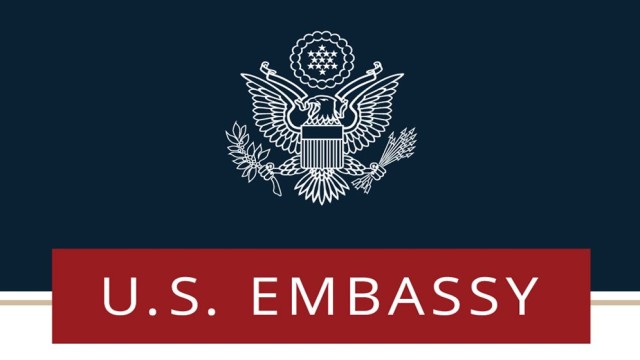


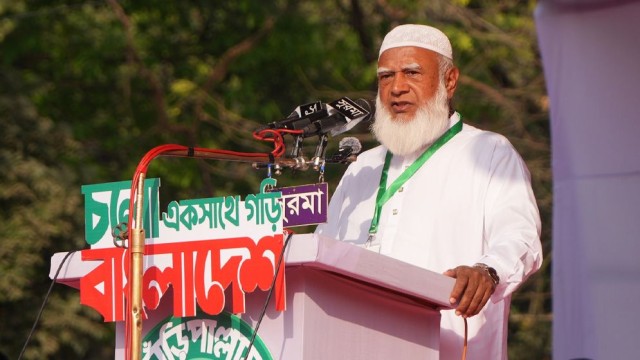

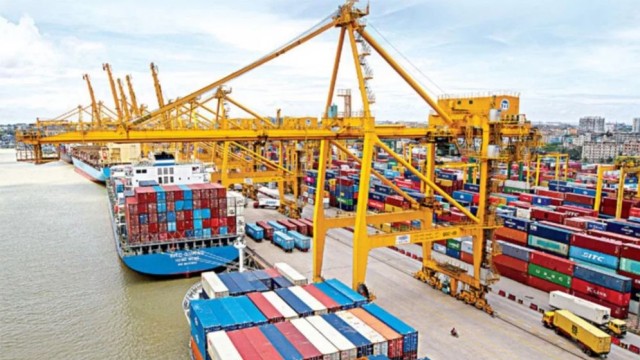

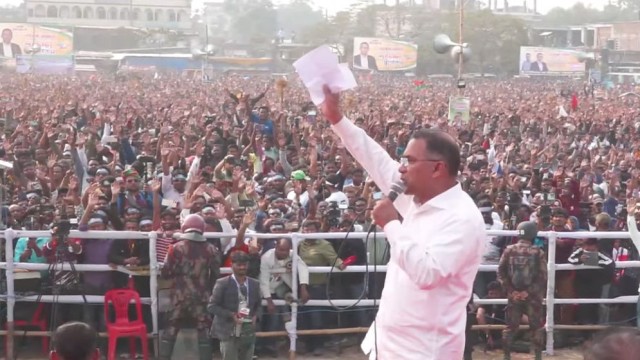










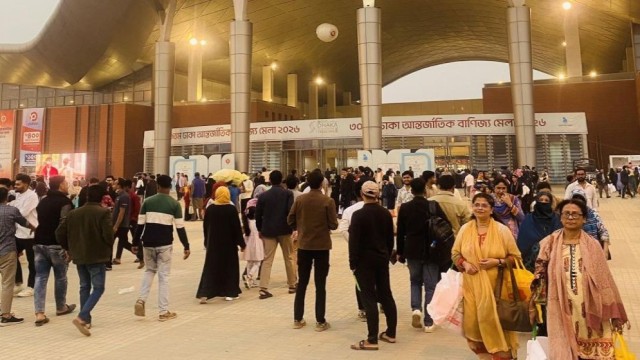
Comment: